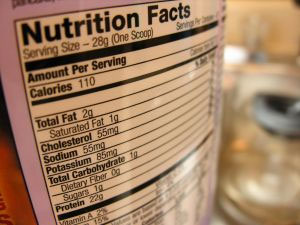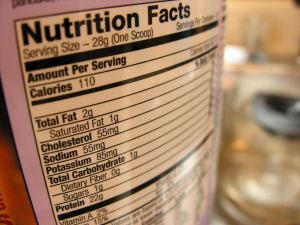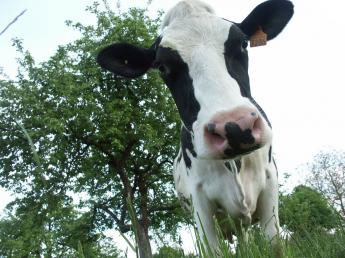MP Calls For Ban On Sweetener Aspartame
A member of the parliamentary select committee on food and the environment yesterday called for emergency action to ban the artificial sweetener aspartame, used in 6,000 food, drink and medicinal products. The Liberal Democrat MP Roger Williams said in an adjournment debate in the Commons that there was “compelling and reliable evidence for this carcinogenic substance to be banned from the UK food and drinks market altogether”. In licensing aspartame for use, regulators around the world had failed in their main task of protecting the public, he told MPs. Mr Williams highlighted new concerns about the additive’s safety, raised by a recent Italian study that linked it to cancer in rats. He said the history of aspartame’s licensing put “regulators and politicians to shame”, with the likes of Donald Rumsfeld, the US defence secretary and former head of Searle, the company that discovered the sweetener, “calling in his markers” to get it approved.
Responding for the government, the public health minister, Caroline Flint, said a thorough independent review of safety data had been conducted as recently as 2001 and the Food Standards Agency advice remained the same: aspartame is safe for use in food. She said the government took food safety very seriously.
The European Food Safety Authority would be reviewing the Italian study as soon as it had full data on it, but an initial review by the UK’s expert committee on toxicity had not been convinced by its authors’ interpretation of their data. “I am advised that aspartame does not cause cancer,” she said, adding that artificial sweeteners also help to control obesity.


Aspartame is now consumed on average every day by one in 15 people worldwide, most of whom are children, according to the MP. It is used to sweeten no fewer than 6,000 products, from crisps, confectionery, chewing gums, diet and sports drinks to vitamin pills and medicines, including those for children. Yet the science that supported its approval was “biased, inconclusive and incompetent”.
Mr Williams said he was using the immunity he was afforded under parliamentary privilege to initiate a debate about aspartame’s safety which had been largely repressed since the early 1980s, with the help of the sweetener industry’s lawyers.
Independent research published last month by the European Ramazzini Foundation showed moderate regular consumption of aspartame led to a repeated incidence of malignant tumours in rats and “should have set alarm bells ringing in health departments around the world”, he said. “The World Health Organisation recognises such findings in rats as being highly predictive of a carcinogenic risk for humans. The contrast between the quality of the science in the Ramazzini study and the industry studies could not be more clear and more damaging to the industry.”
Mr Williams, the MP for Brecon and Radnorshire and a Cambridge science graduate, said he had been looking into the safety of aspartame for more than a year. At first he had been unconvinced by the “internet conspiracy theories” but he said what he had found had “truly horrified” him.
Sound science and proper regulatory and political independence had been notable by their absence from the approval of aspartame, he said. In addition to Mr Rumsfeld being instrumental in securing aspartame’s approval, with the support of the then newly elected president Ronald Reagan, there had been numerous examples of decision makers who were worried about aspartame’s safety being discredited or being removed from their positions. Industry sympathisers had been appointed to replace them and were in turn recompensed with lucrative jobs working for the sweetener industry.
The European Food Safety Authority said last night that it planned to review the safety of aspartame as “a matter of high priority” in the light of the Ramazzini Foundation study. The foundation’s director, Dr Morando Soffritti, said he expected to send the authority a 1,000-page dossier by the end of the month.
The industry’s Aspartame Information Service said Mr Williams’ material brought no new information to the public. “The minister’s response was accurate and on point,” a statement said.
Felicity Lawrence, consumer affairs correspondent
Thursday December 15, 2005
http://www.guardian.co.uk




